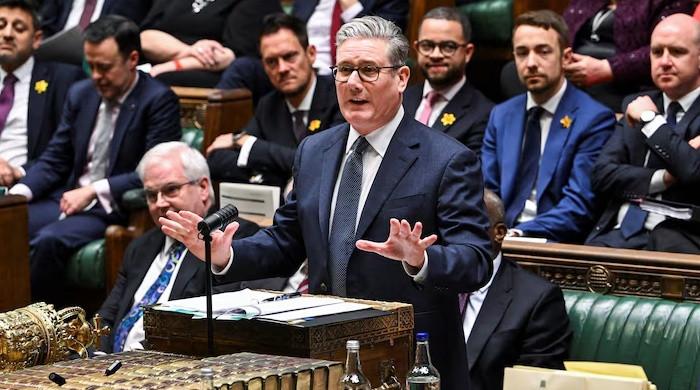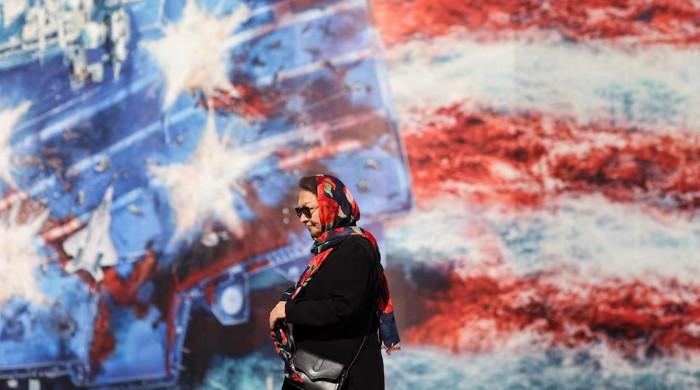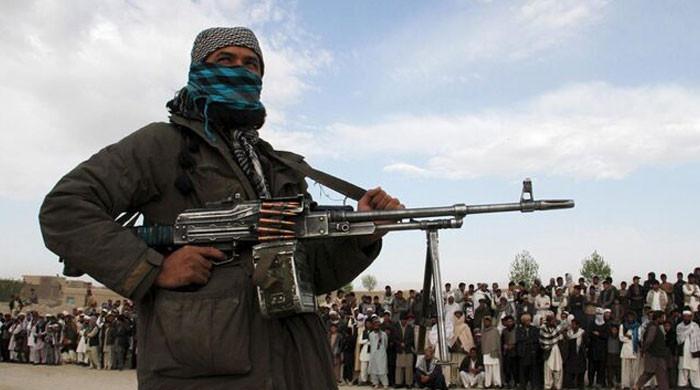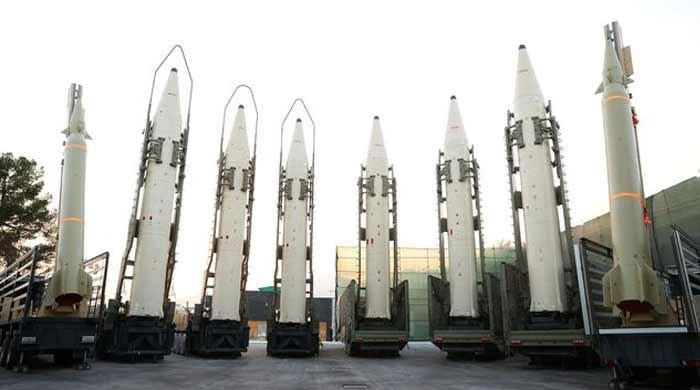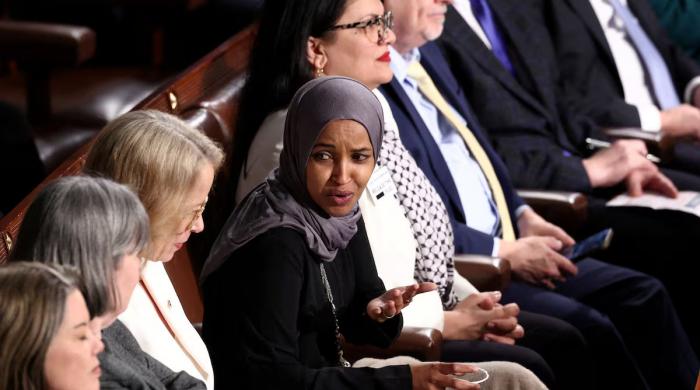From the Golden Temple to Punjab Independence
Report explores whether Sikh referendum could “gain an impulse, build its visibility worldwide, and force the issue onto the political agenda”
September 10, 2022
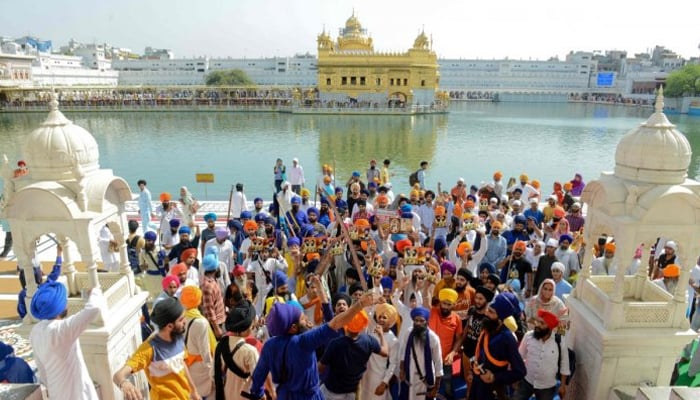
The Punjab Referendum Commission, a panel of non-aligned political experts, hosted a press conference on September 6 in Toronto, Canada, for the dual purpose of officially announcing the Canadian phase of voting in the Khalistan Referendum and also the release of a report published by the Research Institute on Self-Determination of Peoples and National Independence, entitled “From the Golden Temple to Punjab Independence.”
The Commission’s panel consisted of Dane Waters (the Commission Chair and the founder of the Initiative & Referendum Institute at the University of Southern California), Matt Qvortrup (an author and former counsellor for the regulation of referendums for the British FCO) and Paul Jacob (President of Citizens in Charge). It is the task of the Commission to oversee the referendums to ensure they are undertaken properly.
Votes have already been cast by the British and Italian Sikh diasporas in London, Brescia and Rome respectively, and now Sikhs over the age of 18 in Canada will have the opportunity to vote on the question: “Should Indian-governed Punjab be an independent country?" The voting is due to be held in Brampton from September 18. While members of the Commission explicitly stated that they take no position on the Khalistan Referendum, they commended Sikhs for Justice for ensuring that the referendums they have held to date meet international standards and that any coercion is prevented.
Independent experts found that 30,000 British Sikhs voted at the Khalistan Referendum in London on October 31, 2021, a date chosen to coincide with the assassination of former Indian Prime Minister, Indira Gandhi, who had ordered Operation Blue Star. Around six months later, over 40,000 Sikhs took part in the referendum in the Italian district of Brescia, followed by 17,000 Sikhs in Rome. Matt Qvortrup stated that many Sikhs in Italy have low paid jobs and yet still travelled to vote in the Khalistan Referendum at “great personal cost.” This means that, whichever way they voted, this referendum matters to many people.
Qvortrup reminded the audience at the conference that these referendums are ‘unofficial,’ meaning that their results will not directly lead to a change in laws or have a practical impact. Regardless, he emphasised the importance of such referendums because of the message they send to governments and the international community about the will of the people. He suggested that a potential positive outcome would be that an overall vote for or against creates momentum that can lead to the achievement of the desired outcome, offering Norwegian independence from Sweden and the vote for Brexit in the UK as precedence for this phenomenon. Similarly, Dane Waters, in answering a question about why the Khalistan Referendum is important, simply answered: “self-determination,” which he described as the “purest form of self-expression.” Paul Jacob agreed, asking what other process is better than voting to ascertain peoples’ opinions?
Qvortrup and Waters also authored the non-aligned report launched at the conference. Unlike the Khalistan Referendums held within the diasporas, it is concerned with the possibility of a vote held within Indian-governed Punjab itself.. Though the authors acknowledge that the Indian constitution does not account for referendums and so it is “premature to speculate” whether a non-governmental referendum would succeed, they affirm that it would “enfranchise not only the region’s current citizens, but also members of the Sikh diaspora spread across the globe.” The report deals with referendum policy issues followed by a comment on how different international experience relates to the Punjab Referendum of 2021.
The first section concerns the ‘Referendum as a Mechanism for Shifting Public Opinion’ and how a referendum can “set the agenda and change perceptions” on an issue. That its success can be the “impetus for a more disenfranchised community to take action.” While they describe a referendum within a diaspora as “novel and largely unprecedented,” the Sikh referendum could “gain an impulse, build its visibility worldwide, and force the issue onto the political agenda.”
The second section, ‘Practical Issues Pertaining to Referendums,’ deals with legality, special majority requirements (direcrediting low approval rate referendums), voter eligibility and the impact of biased questions on the outcome. The authors suggest that a vote on Sikh independence within Punjab would be “legally acceptable” if India, in the words of Justice Cassese, “persistently refuses to grant participatory rights” to the Sikhs and “grossly and systematically trample upon their fundamental rights.” However, because the international community generally does not seem to agree with this characterisation and the fact that referendums in undemocratic states tend to receive greater recognition, they conclude that this “argument is unlikely to be supported by many.”
As expressed by the general counsel of the Sikhs for Justice, Gurpatwaht Singh Pannun, the authors suggest that if a referendum were to be held within Indian-governed Punjab, all faiths should be eligible to vote. Additionally, the authors state that the diaspora should also be eligible to vote. To avoid any doubt about whether a biased question on the ballot would sway the voters, they recommend that an “unbiased international panel” draft the question.
The third section, ‘Political Issues Pertaining to Referendums,’ considers two policy issues: when are referendums won and do they lead to conflict? Analysis on their specific relevance to the Khalistan referendum is not offered in this section, though the authors highlight how the likelihood of a referendum leading to conflict in India is of “particular importance,” and so it must be considered whether the Khalistan Referendum would lead to a peaceful settlement or not. In their analysis of secession cases between 1900 and 2010, they found 44 successful secession attempts and “secession was achieved peacefully” in 86% of these cases. But they emphasise that this does not mean that “referendums are unrelated to conflict.”
This report was grounding in its analysis of the many complexities of holding a legitimate, internationally recognised referendum that leads to a peaceful resolution rather than conflict. But its authors and the remainder of the Commission panel at the conference emphasised the importance of referendums because of what they stand for, regardless of their outcomes: democracy and self-determination.
The writer is a researcher and is currently undertaking a PhD. She tweets @MaryFloraHunter.




